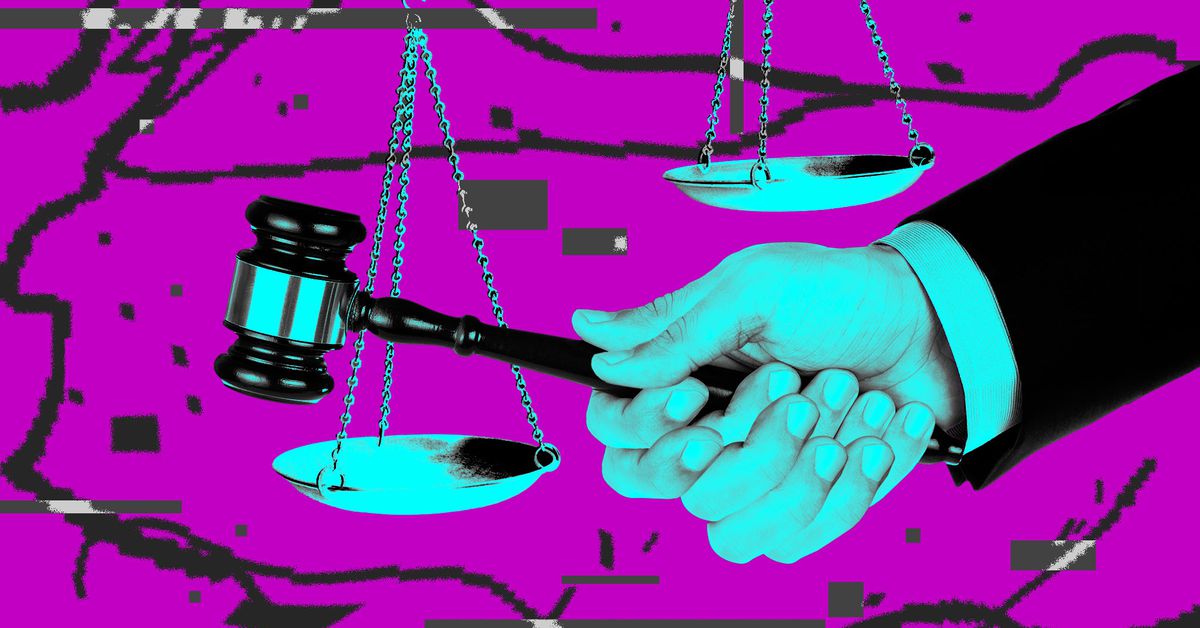A bipartisan group of senators introduced a new bill to make it easier to authenticate and detect artificial intelligence-generated content and protect journalists and artists from having their work gobbled up by AI models without their permission.
The Content Origin Protection and Integrity from Edited and Deepfaked Media Act (COPIED Act) would direct the National Institute of Standards and Technology (NIST) to create standards and guidelines that help prove the origin of content and detect synthetic content, like through watermarking. It also directs the agency to create security measures to prevent tampering and requires AI tools for creative or journalistic content to let users attach information about their origin and prohibit that information from being removed. Under the bill, such content also could not be used to train AI models.
Content owners, including broadcasters, artists, and newspapers, could sue companies they believe used their materials without permission or tampered with authentication markers. State attorneys general and the Federal Trade Commission could also enforce the bill, which its backers say prohibits anyone from “removing, disabling, or tampering with content provenance information” outside of an exception for some security research purposes.
(A copy of the bill is in he article, here is the important part imo:
Prohibits the use of “covered content” (digital representations of copyrighted works) with content provenance to either train an AI- /algorithm-based system or create synthetic content without the express, informed consent and adherence to the terms of use of such content, including compensation)



Never claimed it wasn’t an opinion. And I fully acknowledge that tools can make creating art easier. Hell, I even support the use of machine learning tools when making art. When used as tools and not as a means of creating art wholesale they can enable creativity. But, I’m sorry, writing a text prompt for an AI to produce an image is not making art (for the person writing the prompt). It’s writing a prompt. In the same way that a project manager writing a brief for a contract artist to fullfil is also not creating the art. The AI is producing the art (and by extension the artists who created the works the AI was trained off of). Your friend with aphantasia is not.
Again, I never said any form of art was invalid. Not even AI art. Nor do I think AI art isn’t art. AI art is perfectly capable of creating something worthwhile by means of its content. It’s basing it’s output on worthwhile works of art created by people after all. I’m merely arguing AI art is unethical. If you made a mural out of the blood of children you murdered it’d still be art. But it sure as shit wouldn’t be ethical.